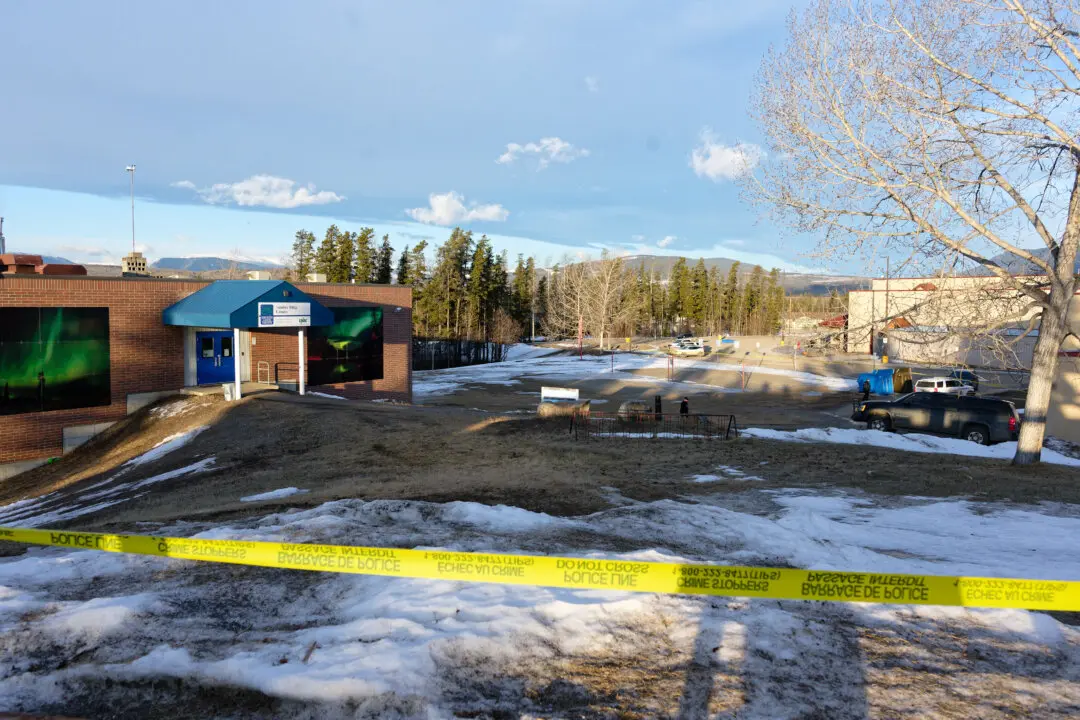The B.C. government vowed during its Feb. 18 throne speech to fight back against U.S. tariffs, describing the next four years as the “most consequential time for our province since the Second World War.”
Lt.-Gov. Wendy Cocchia opened the B.C. legislature with a speech that portrayed a provincial government dedicated to defending its residents against an economic war instigated by the United States.





